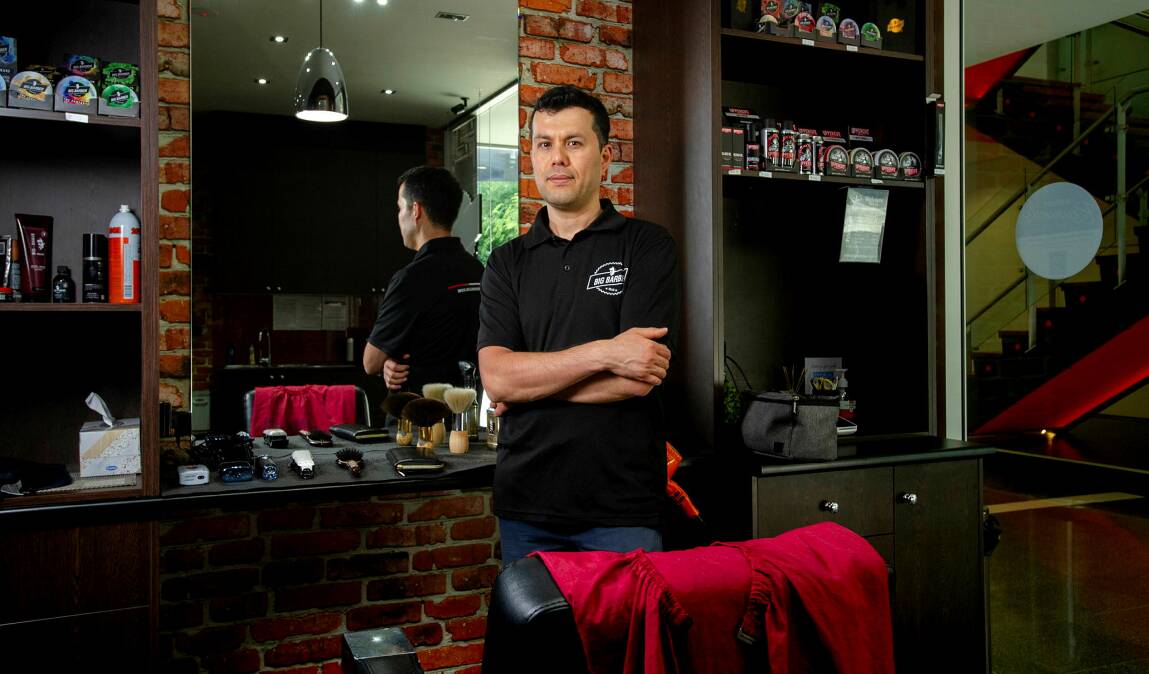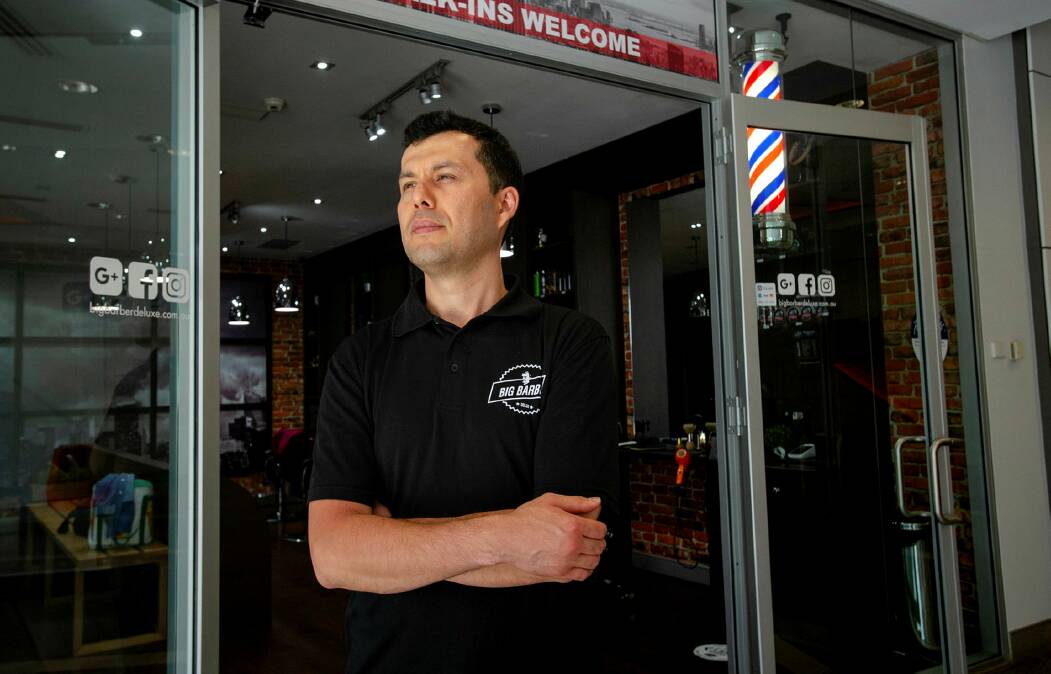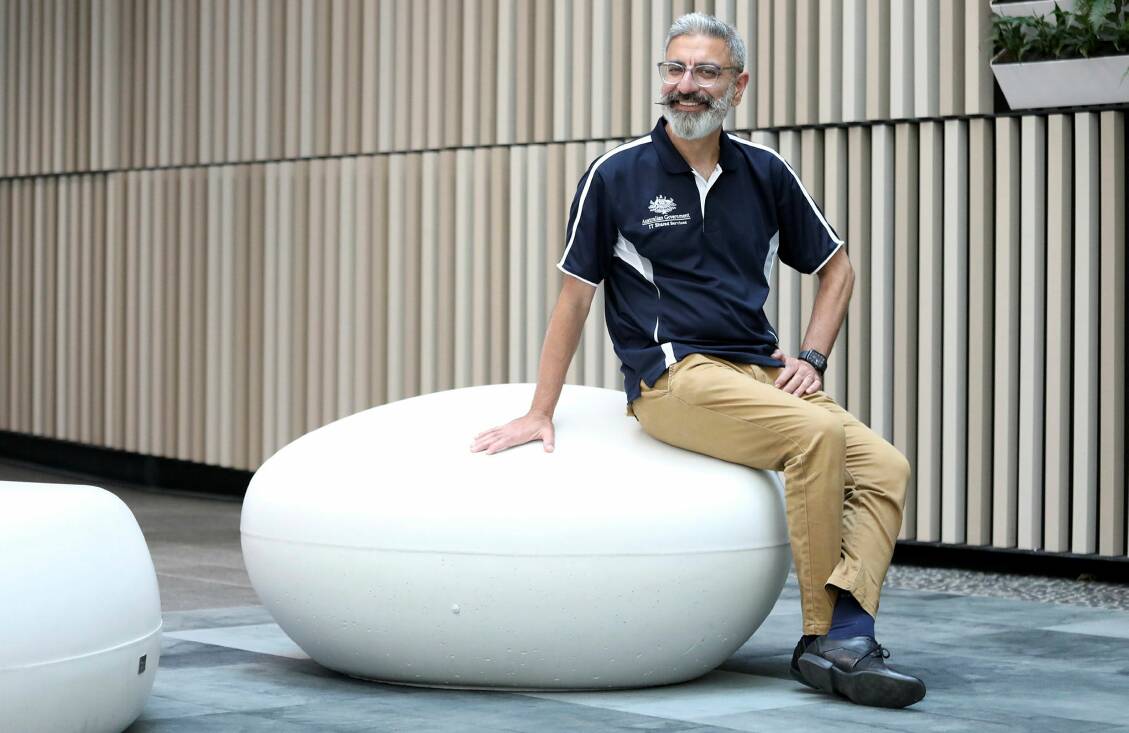
Permanent and temporary migrants may not need to be doing jobs on the skilled occupations lists, under recommendations from a think tank and peak business councils to a review of Australia's migration system.
However some experts and small businesses are worried it will increase the skills shortage.
The Business Council of Australia and Grattan Institute have both recommended removing the skilled occupation lists that requires prospective migrants to have skills Australia lacks, in their submission to the comprehensive review into the migration system.
Home Affairs Minister Clare O'Neil announced the review of Australia's migration system in September, following the government's jobs and skills summit, which is headed by former top federal bureaucrat Martin Parkinson.
In its submission to the review, think tank the Grattan Institute recommended abolishing the skilled occupations lists for both permanent and temporary employer sponsored visas, in order to provide a clearer path to permanency, reduce visa processing times, increase higher skilled migrants and reduce exploitation of migrant workers.
Economic Policy Program Director at the Grattan Institute Brendan Coates, who co-wrote the submission, said the skilled occupation lists "makes Australian visa systems much more cumbersome, slow and uncertain".
The institute also recommended replacing the lists with a wage threshold of $85,000 a year for permanent visa applicants and $70,000 for temporary visa applicants, as "a much better measure of whether someone has valuable skills, than occupation".
The Business Council of Australia also recommended removing the occupation lists for permanent and temporary employer sponsored visas and replacing it with "open eligibility" for jobs earning more than the full-time average adult weekly ordinary time earnings in Australia annualised, which is currently $92,000.
The Australian Chamber of Commerce and Industry also supported opening temporary and permanent employer sponsored migration to all occupations.
The current wage threshold employers must pay temporary migrants is $53,900, which is not indexed and has not changed since 2013.
The Labor government previously announced it would increase the threshold to $65,000 with annual indexation.
The Business Council of Australia said it supports the threshold increasing to $65,000 and indexation, but it "should occur in a gradual, phased manner to reduce immediate workforce impacts".
The Grattan Institute recommended also increasing the threshold to $70,000 for temporary workers in its submission to the review.
Mr Coates said increasing the threshold would attract "highly skilled, highly talented" migrants to Australia, preventing low wage workers and exploitation.
"It's no coincidence that vacancy rates are highest in areas like hospitality, tourism, and agriculture, that have historically relied upon temporary migrants. But they're not reliant on temporary sponsored workers, which is where the occupation lists matter."
As of September there were 58,210 temporary skilled visa holders in Australia, 620 of whom were in the ACT.

Franchise owner of three Big Barber stores in Canberra, Jasur Qaimov, has been struggling to find local workers for a year and a half.
"A lot of these industries used to be filled up with backpackers and international students. So those have been cut back, so we are missing that. They are coming in, but they are stopping in the big cities, not going to the smaller cities."
Mr Qaimov said he is willing to sponsor migrants, as "hairdresser" is on the skilled occupation lists, but sponsoring workers is difficult as it is expensive and requires a lot of paperwork and employers are "not overly protected" in the process.
"People finding me from overseas, they've contacted me and and they send me some supporting documents saying I've been a barber, these are my photos and my resume, but then it's not that simple to sponsor someone from overseas."
He also said that if lower skilled jobs were de-prioritised in the migration system, it would make it harder for him to find workers.
"If our skills degraded in a migration point of view, it would be even harder because it's going to be less attractive for many skilled workers to come, especially hairdressers," Mr Qaimov said.

Pakistani migrant Imran Yousafzai came to Australia in 1998 as a student before gaining permanent residency as a skilled migrant, working as a chartered accountant.
He is now working to create an app to help other migrants navigate the job market in Australia, but says there are "practical challenges and barriers" like communication.
"It was not easy for us, coming from a different country, competing with the locals on their battleground," he said.
Mr Yousafzai said while some migrants "abuse the system ... overall we need to be positive and continue to bring in people from overseas because we have skills shortages".
He said getting rid of occupation skills lists and opening up employer sponsorship will be "opening the can of worms" of "people desperate outside Australia" paying companies to help them get Australian visas.
Mr Yousafzai also said the government should not discourage lower skilled migrant workers, as they are still in shortages and "trying to address one problem" may be "creating another one instead".
"We have major problems in the labour market. How would they find people to pick fruit? How would they find people in the building industry? They're not extremely skilful people, but they're still in shortage," he said.
Director of the Australian National University Migration Lab Professor Alan Gamlen said removing skilled occupation lists would simplify the system, which is often not based on real-time data on where skill shortages exist and prolongs application processing times.
"There is an advantage to a simple wage threshold. It's just how valid is that as a measure of skill? We also have huge shortages in low end, what are traditionally thought of as low skilled labour," he said.
Professor Gamlen also suggested migration be taken out of the Home Affairs portfolio, saying it "has led to really strange ways of looking at migration", that focuses on security and policing.
"One of the problems at the moment is that the government's only willing to look at migration as part of a security silo or an economic silo. So it's only the economists and the security hawks who they listen to on migration," Professor Gamlen said.
The review is expected to release its report by the end of February and its recommendations will inform a new migration strategy.
We've made it a whole lot easier for you to have your say. Our new comment platform requires only one log-in to access articles and to join the discussion on The Canberra Times website. Find out how to register so you can enjoy civil, friendly and engaging discussions. See our moderation policy here.







